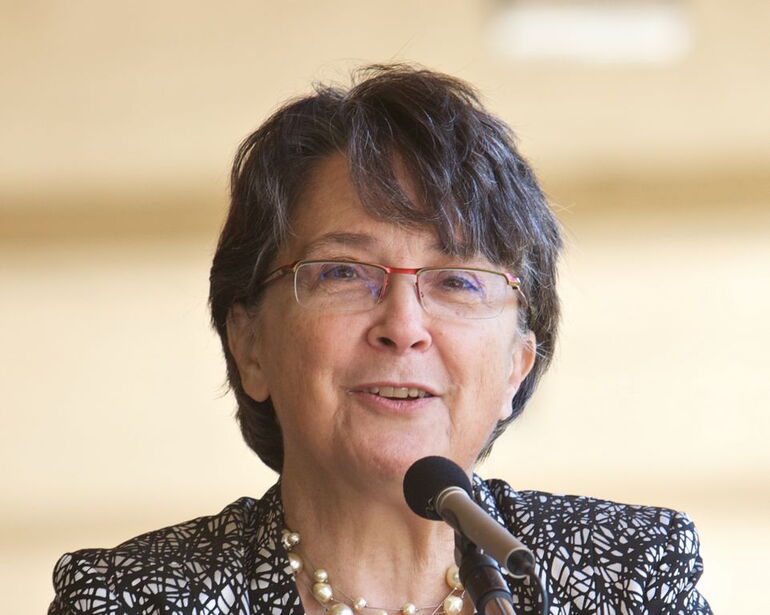Processing Your Payment
Please do not leave this page until complete. This can take a few moments.
-
News
-
Editions
-
- Lists
-
Viewpoints
-
HBJ Events
-
Event Info
- 2024 Economic Outlook Webinar Presented by: NBT Bank
- Best Places to Work in Connecticut 2024
- Top 25 Women In Business Awards 2024
- Connecticut's Family Business Awards 2024
- What's Your Story? A Small Business Giveaway 2024 Presented By: Torrington Savings Bank
- 40 Under Forty Awards 2024
- C-Suite and Lifetime Achievement Awards 2024
- Connecticut's Health Care Heroes Awards 2024
-
-
Business Calendar
-
Custom Content
- News
-
Editions
View Digital Editions
Biweekly Issues
- April 29, 2024
- April 15, 2024
- April 1, 2024
- March 18, 2024
- March 4, 2024
- February 19, 2024
- February 5, 2024
- January 22, 2024
- January 8, 2024
- + More
Special Editions
- Lists
- Viewpoints
-
HBJ Events
Event Info
- View all Events
- 2024 Economic Outlook Webinar Presented by: NBT Bank
- Best Places to Work in Connecticut 2024
- Top 25 Women In Business Awards 2024
- Connecticut's Family Business Awards 2024
- What's Your Story? A Small Business Giveaway 2024 Presented By: Torrington Savings Bank
- 40 Under Forty Awards 2024
- C-Suite and Lifetime Achievement Awards 2024
- Connecticut's Health Care Heroes Awards 2024
Award Honorees
- Business Calendar
- Custom Content
Q & A with Fair Haven Community Health Care's Suzanne Lagarde
 Photo | Contributed
Dr. Suzanne Lagarde
Photo | Contributed
Dr. Suzanne Lagarde
New Haven Biz talks with Dr. Suzanne Lagarde, CEO of Fair Haven Community Health Care, which provides comprehensive care, including prenatal, pediatric, adult medicine, geriatric, behavioral health and dental services, to 18,000 low-income patients in New Haven and East Haven.
Q: Community health centers nationwide are facing tremendous financial uncertainty right now. A major source of federal funding expired in September, which Congress has yet to reauthorize. Community health services have also been a target as Connecticut tries to balance the state budget. How are you dealing with the uncertainty? How would potential cuts impact FHCHC and the services you provide?
A: We refer to the lack of Congressional reallocation as the “fiscal cliff”. Community Health Centers like Fair Haven Community Health Care (FHCHC) receive between 16 and 22 percent of their annual funding from the federal government. For most health centers this translates to several million dollars and is critical support for providing services to the uninsured and underinsured. FHCHC stands to lose nearly $3 million in annual funding if Congress fails to act. Already this is impacting our ability to obtain loans. It has forced us into a hiring freeze and if nothing happens within the next 45 days, we will be forced to undertake major cutbacks and programs will have to be eliminated. We currently have a workforce of over 200 and without this funding, widespread layoffs will be inevitable. FHCHC is one of 16 Community Health Centers in Connecticut that are at risk. Together, we care for over 375,000 Connecticut residents and if we go over this fiscal cliff, services to these patients would be significantly cut back.
Q: The healthcare landscape has changed dramatically in the last several years with the passing of the Affordable Care Act and recent efforts to repeal and replace it by the Trump administration and Republican Congress. What is the biggest change you’ve seen and how has it affected patients you serve?
A: The ACA has made healthcare available to all American citizens. Children, the elderly, people with chronic diseases — all can rely on access to quality care, regardless of their income level. This is a huge change compared with just 10 years ago when nearly 50 million Americans could not afford the most basic of health care. Repeal of the ACA would have a catastrophic impact on millions of Americans. Diagnoses will not be made in a timely fashion, ER utilization will skyrocket and most significantly, millions will suffer and many will die. It reflects very poorly on us as Americans if we are unable to meet the basic humanitarian needs of our fellow citizens.
Q: You recently announced plans to collaborate with Yale New Haven Hospital and Cornell Scott-Hill Health Center, another New Haven community health provider, on a new primary care center to open in 2019 in the city’s Long Wharf district. Why did you enter this partnership and what do you hope to accomplish?
A: This unique collaboration will allow us to provide high quality care to the majority of the most vulnerable in our community. Together with Cornell Scott-Hill Health Center and Yale New Haven Hospital, we will collectively bring a large body of expertise and experience to bear in creating innovative ways of efficiently providing optimal healthcare solutions to our patients. One of the biggest advantages of this collaboration is that we will all share one electronic medical record. This will allow for seamless integration of patient care with behavioral health and other disciplines and will minimize waste and inefficiency which is all too commonplace when the full body of health information about a patient is not easily available.
Q: What is the biggest challenge you face in your job?
A: I don’t think that there is a single “biggest” challenge. There are many challenges but also many rewards. Obviously, the lack of certainty around funding certainly rises to the top of the list at the present time. Even under more prosperous times, there is always inadequate funding to do everything we believe to be important for our patients. We serve a largely Hispanic immigrant community and the current legislative intent and rhetoric coming out of Washington has fueled fear in many of our patients and staff. It is challenging to address these concerns when uncertainty lingers on so many fronts.
Q: What is the biggest opportunity?
A: Far and away the biggest opportunity provided by my current job is the opportunity to help those in need. Sometimes the need is directly related to health, sometimes to what we refer to as “social determinants,” i.e., food insecurity, homelessness, etc. It is truly a gift to be in a position where I can effect meaningful change in the lives of so many.

2022 Giving Guide
This special edition informs and connects businesses with nonprofit organizations that are aligned with what they care about. Each nonprofit profile provides a crisp snapshot of the organization’s mission, goals, area of service, giving and volunteer opportunities and board leadership.
Learn more
Subscribe
Hartford Business Journal provides the top coverage of news, trends, data, politics and personalities of the area’s business community. Get the news and information you need from the award-winning writers at HBJ. Don’t miss out - subscribe today.
Subscribe
2024 Book of Lists
Delivering Vital Marketplace Content and Context to Senior Decision Makers Throughout Greater Hartford and the State ... All Year Long!
Read Here-
2022 Giving Guide
This special edition informs and connects businesses with nonprofit organizations that are aligned with what they care about. Each nonprofit profile provides a crisp snapshot of the organization’s mission, goals, area of service, giving and volunteer opportunities and board leadership.
-
Subscribe
Hartford Business Journal provides the top coverage of news, trends, data, politics and personalities of the area’s business community. Get the news and information you need from the award-winning writers at HBJ. Don’t miss out - subscribe today.
-
2024 Book of Lists
Delivering Vital Marketplace Content and Context to Senior Decision Makers Throughout Greater Hartford and the State ... All Year Long!
ABOUT
ADVERTISE
NEW ENGLAND BUSINESS MEDIA SITES
No articles left
Get access now
In order to use this feature, we need some information from you. You can also login or register for a free account.
By clicking submit you are agreeing to our cookie usage and Privacy Policy
Already have an account? Login
Already have an account? Login
Want to create an account? Register
Get access now
In order to use this feature, we need some information from you. You can also login or register for a free account.
By clicking submit you are agreeing to our cookie usage and Privacy Policy
Already have an account? Login
Already have an account? Login
Want to create an account? Register





0 Comments